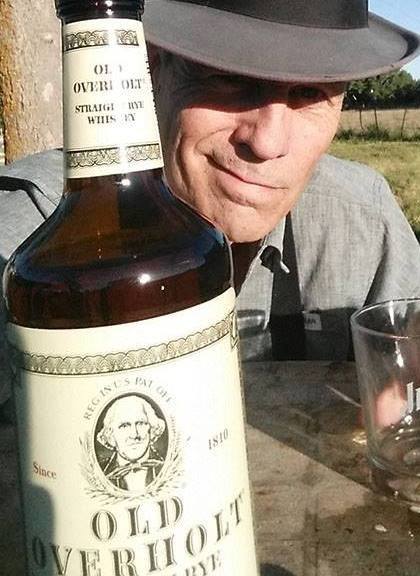 Dec 11, 2024–A recent kerfuffle about changing a street to one-way caused unanticipated effects at adjacent intersections, brought to mind other blanket declarations with unexpected and opposite consequences.
Dec 11, 2024–A recent kerfuffle about changing a street to one-way caused unanticipated effects at adjacent intersections, brought to mind other blanket declarations with unexpected and opposite consequences.
In 1918 pure prairie leagues and women’s temperance unions finally gathered enough support to push through prohibition in the form of the Eighteenth Amendment to the United States Constitution.
First of all, the amendment did NOT ban drinking! U.S. citizens could guzzle as much beer, wine, and rye as they could get their hands on. “Getting their hands on” the booze was the problem. The Amendment banned the manufacture, sale, or transportation of intoxicating liquors. You could give it away free. Or just sell the setups. You even had one year after approval to make up batches of it before the laws took effect. Which is exactly what entrepreneurs did.
One of my favorite vices in our post-prohibition age is sips of Templeton Rye, a whisky once made in Iowa by hog farmers. Legend has it they hid their stills in their barns and under their hog pens. Just down the road in Boerne, Texas, enterprising revenuers brewed their white lightning in the Cave Without A Name. You can still see the darkened rock where the fires scorched it.
The temperance movement convinced U.S. lawmakers to kill alcohol with a list of obvious and undeniable reasons, so they thought. These included claims that the prohibition of alcohol would:
-eliminate poverty
-ameliorate social problems
-stop immoral sexual behavior
-reduce violence
-inspire new forms of sociability
-create happier families
-reduce workplace accidents, and
-improve the world overall.
Of course you know where this is headed. Just as the FDA banning of Red Dye #2 caused Mars Inc. to stop making red M&Ms–even though they had never used Red Dye #2– and the lowering the speed limit to 55 mph in order to save fuel and reduce accidents accomplished neither goal, none of those claims were realized. In fact there was an opposite effect. Banning alcohol sales resulted in:
-increased crime
-loss of tax revenue
-increase in injury from bad booze
-rise of crime syndicates
-loss of jobs by lower classes
While the Eighteenth Amendment led to a decline in measurable public alcohol consumption, it also led to a spike in smuggling, bootlegging, and illicit bars, aka speakeasies.
Eventually the public grew weary of this new threat to public security. President Franklin D. Roosevelt called for the repeal of the Amendment, which led to the 1933 resolution proposing the Twenty-first Amendment, which repealed the Eighteenth Amendment.
Does this mean that such sweeping bans are bad? There is no denying that excessive use of alcohol leads to senseless death, destruction of families, and serious long-term health issues. These are addressed by legal, medical, and moral intervention. The problems come when blanket prohibitions are installed on all of a society in response to abuse by a few. While we allow legal use of alcohol, we still prosecute those who abuse it. Just as some people speed and drive recklessly, we don’t ban automobiles.
The point is we are just not very good at seeing all the consequences of our regulatory actions, no matter how well meaning and altruistic, no matter how minor or sweeping. And perhaps there is never a way to anticipate those unintended consequences. So we have to make decisions anyway, at the risk of some bad things happening.
The alternative is to do nothing, ever.
XXX
Phil Houseal is a borderline alcoholic and owner of Full House PR. Contact him at phil@fullhouseproductions.net, www.FullHousePR.com.